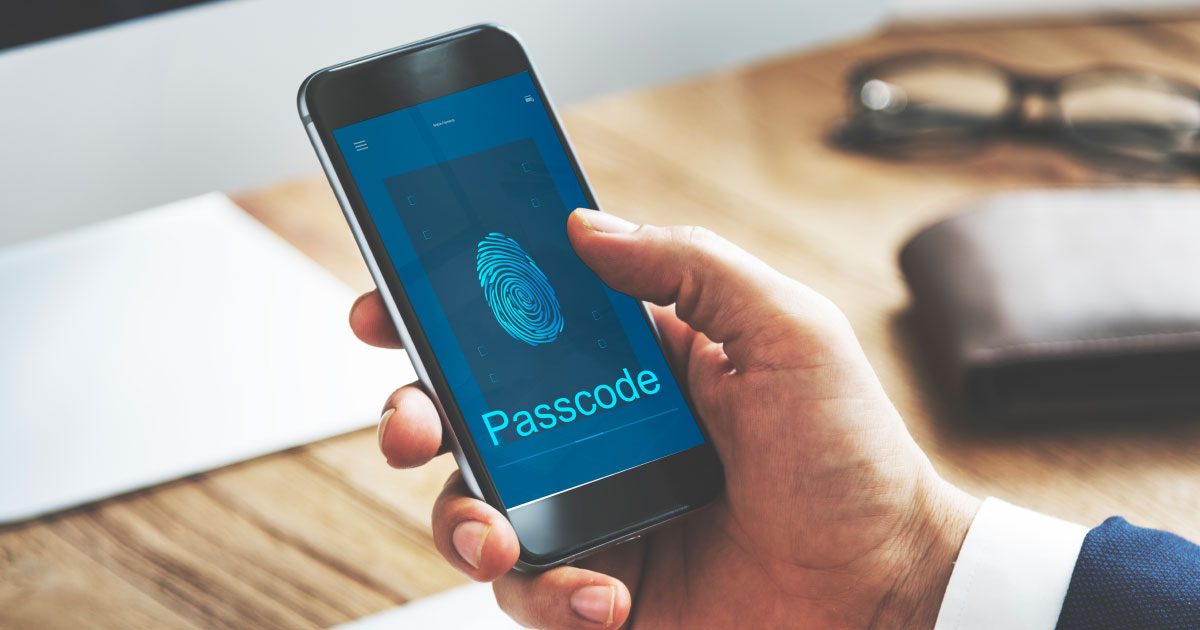Biometrics are not Protected in the United States – Court Case Reaffirms

In Massachusetts, a judge has forced a number of people to attempt to unlock an iPhone to determine the owner and get access to the underlying data.
This reaffirms what has already been said in security and privacy circles repeatedly. Biometrics are not protected speech and are not protected by the 5th amendment of the US constitution, and you can be forced to unlock a device against your will if you have fingerprint, face, or other biometric unlocks protecting your device from intrusion.
The Jury’s Out – And the Authorities can Demand You Unlock Your Phone with Biometrics
With fights being carried out in multiple states over the last few years, with verdicts going in both directions on forced biometric unlocks, a US citizen should avoid using facial recognition or fingerprint unlocks.
As of this writing, the authorities are relying on the ambiguity and the capacity of suspects to be able to defend themselves in a protracted legal battle to force people to unlock their devices with no clear supreme court guidance on whether it is legal or not.
Passwords ARE Protected
Using password unlocks are the only real way to protect your device, as pin and gesture based entry methods can be easily brute forced and biometrics lack sound legal protection. While password protection is also not fully clarified with the supreme court, there is a much larger body of case law that supports legal protection from passwords including higher courts.
